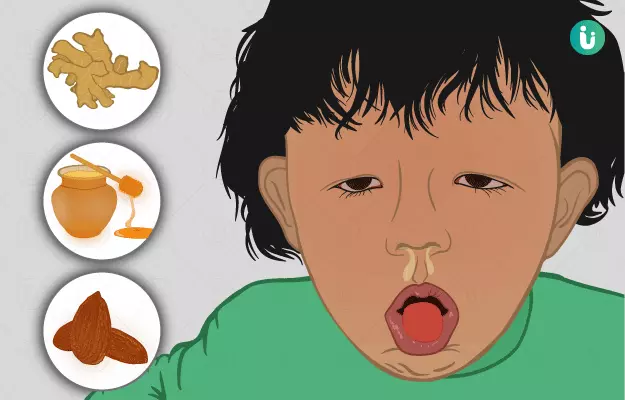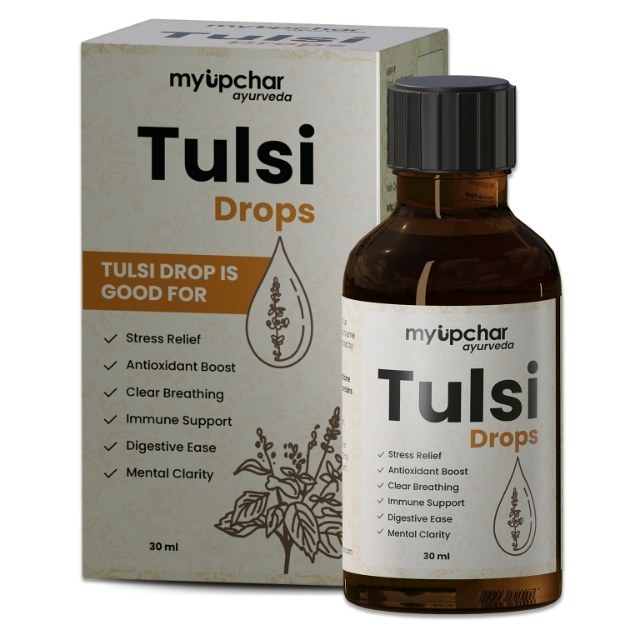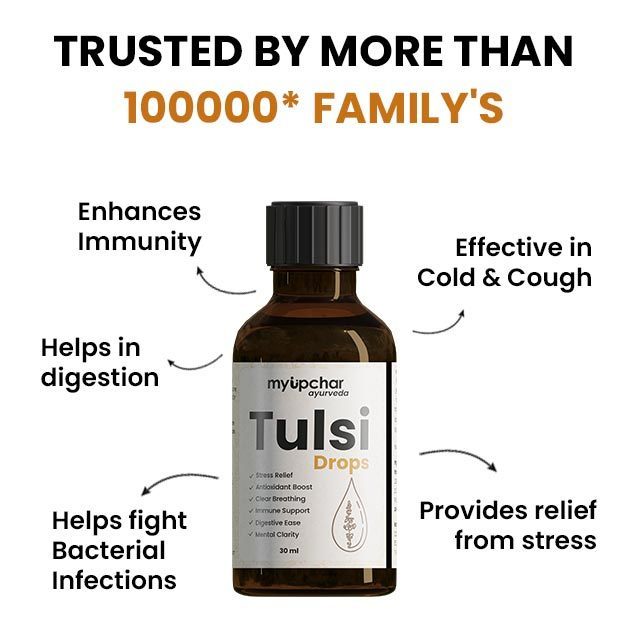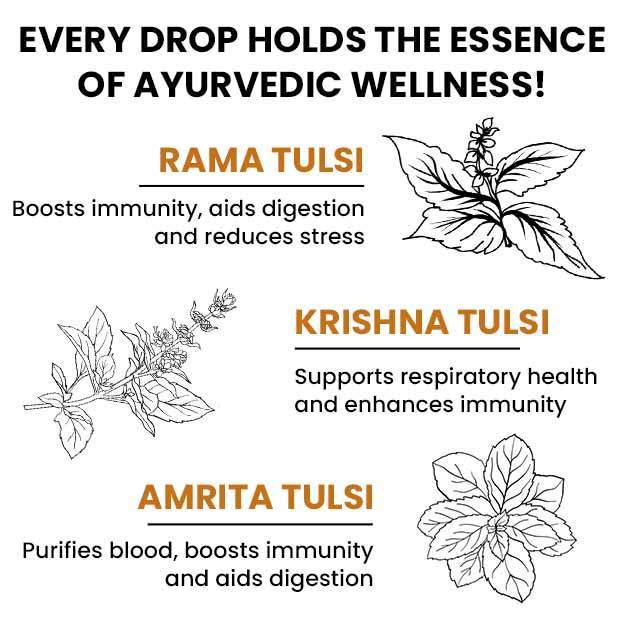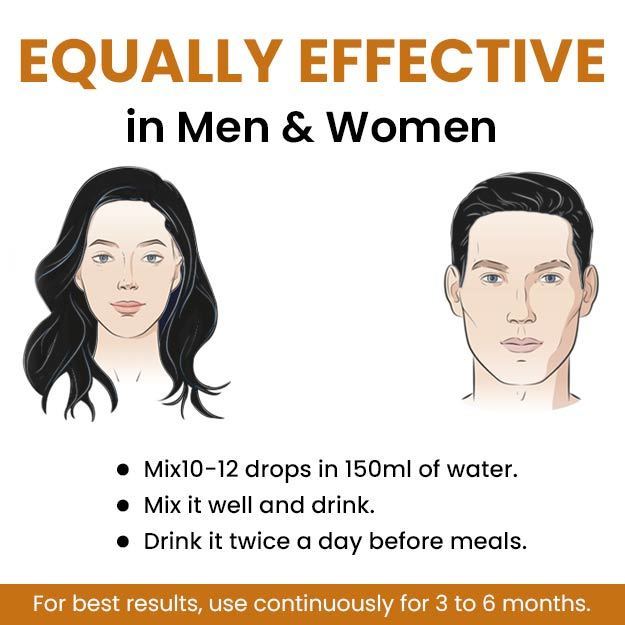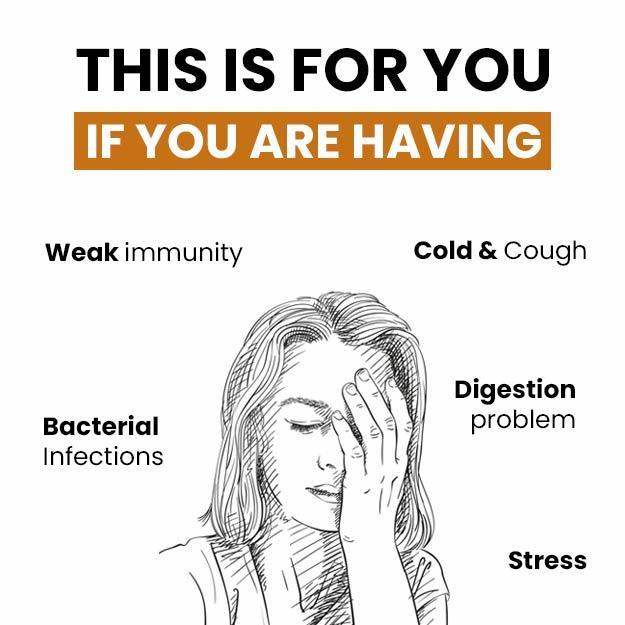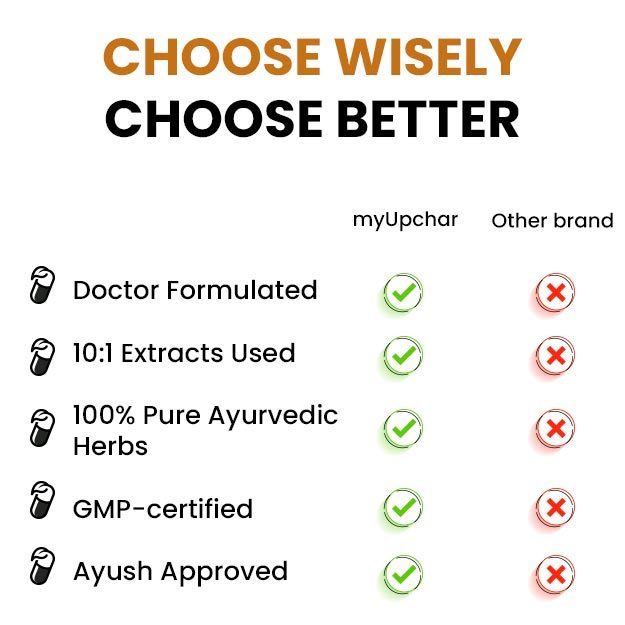Also known as pertussis, whooping cough is a type of bacterial infection that affects the entire respiratory system, including the lungs and the airways. It is caused by the Bordetella pertussis bacteria and is known to spread very quickly. Whooping cough is a vaccine-preventable disease—meaning that there is a vaccine available for it. The first dose of this vaccine, DTap, should be administered to babies when they are six weeks old.
Read more: Vaccinations for newborns, infants and children
Whooping cough usually affects infants younger than six months of age who haven’t received the DTap vaccine. Rarely, this infection can also occur in children between 11 years and 18 years of age because the effects of the vaccine may start to fade around this time. The infection is even rarer in adults but it can occur if whooping cough is doing the rounds in the community where you live. The symptoms, if you’ve ever been immunized, will be much less severe and the chances of full recovery with proper care are very high.
Whooping cough usually starts as a normal common cold does. Runny nose, fatigue, a low-grade fever, and mild or occasional cough are all that show up at first. Within a week or so, the coughing becomes worse and turns into the dominant symptom. This cough can last between two-three weeks and up to 10 weeks and is very contagious during the earliest stages of the disease (which is roughly two to three weeks since the beginning of the cough).
Pertussis is usually treated with antibiotics, which reduce its contagiousness to five days instead of weeks. Family members of the infected person are also often prescribed preventive antibiotics for protection. While antibiotics can treat the infection at its roots, the coughing is not immediately relieved through this medication. This is where home remedies for whooping cough can come in handy. Here’s everything you need to know about home remedies for whooping cough.

